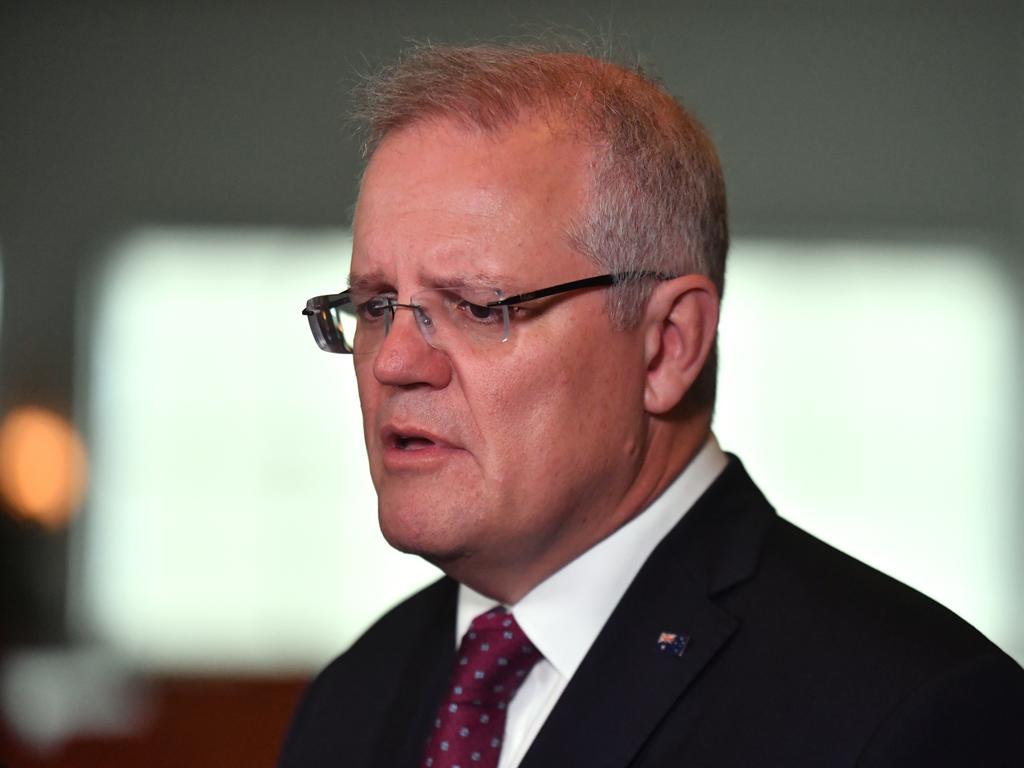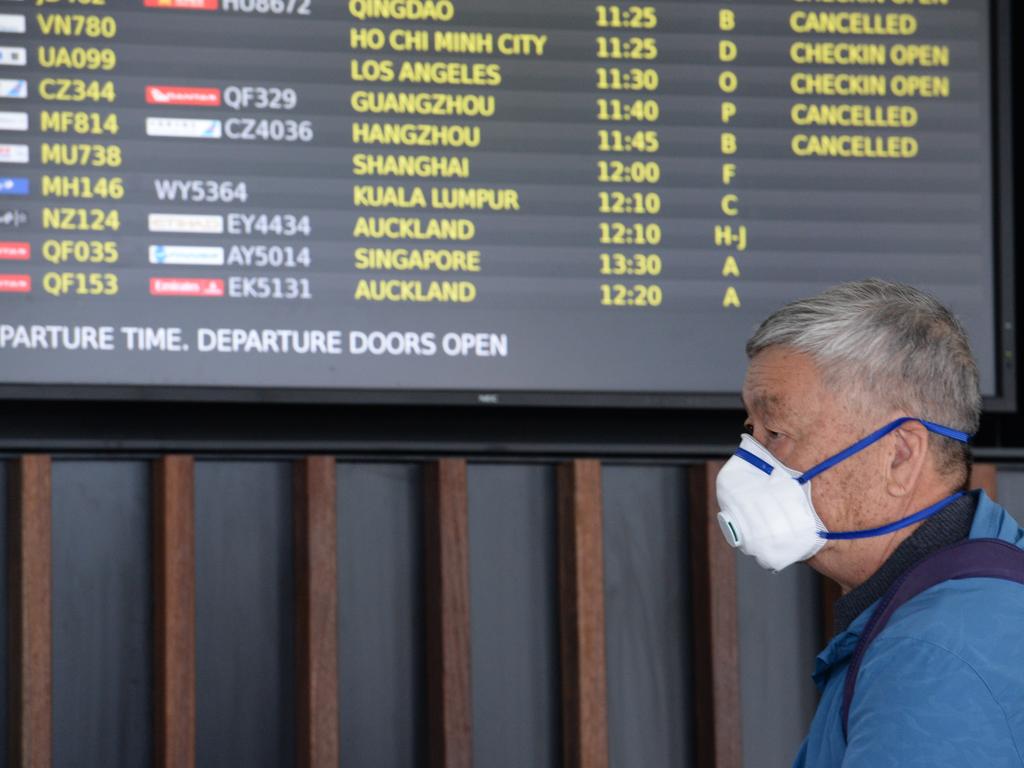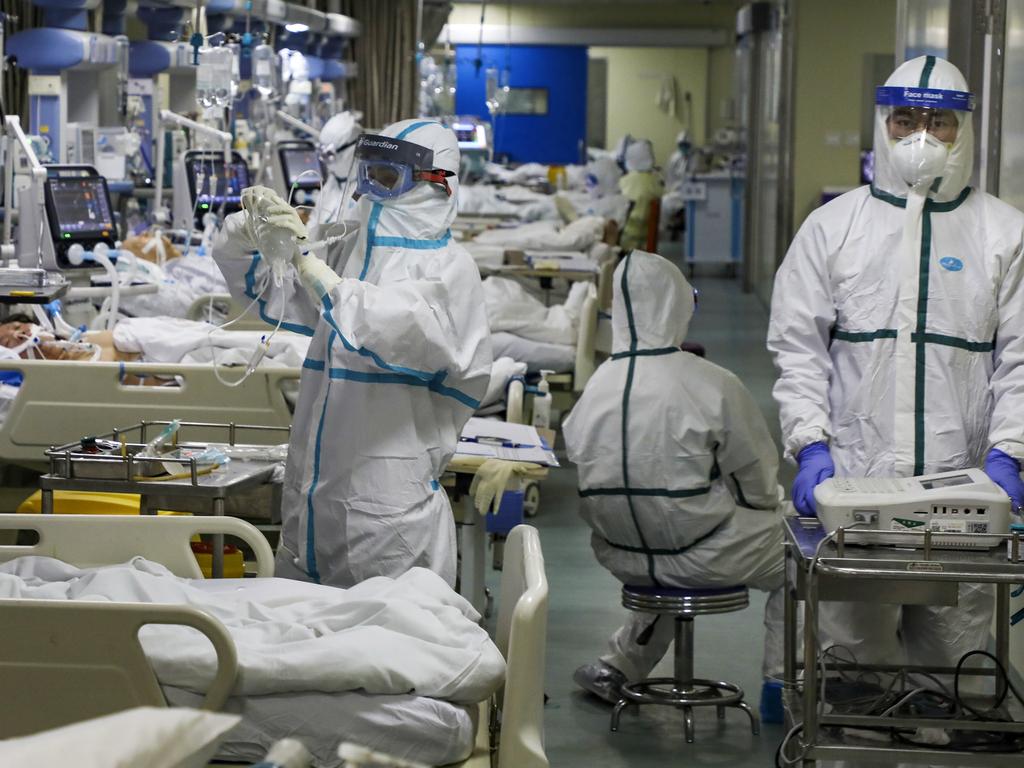
But one sector sure to be adversely impacted by the travel bans instituted in order to try to limit the spread of the virus in Australia is higher education. And the extent of that impact is a problem all of the government’s own making.
Australian universities rely on overseas full-fee paying students to make up the decades long shortfall in funding from government. Fewer overseas students therefore creates a massive fiscal problem for Vice Chancellors.
I blame both sides of politics for this: Coalition government’s refuse to up funding to help our institutions keep pace with international competitors; Labor government’s increase the funding, but at the same time as massively increasing the number of students they expect universities to push through undergraduate degrees.
So on a per capita funding basis, they aren’t much better than the conservatives when it comes to forcing Australian universities to look for other ways to cover cash shortfalls.
That’s because the funding provided for undergraduate places by government doesn’t keep up with the cost of delivering degrees and equipping academics to do the sort of research which not only benefits the nation, but keeps our institutions world class. In other words, bigger undergrad cohorts means cash from elsewhere must be found to keep programs going. It’s why universities really want more postgrads, not more undergrads.
Postgrads, they may not like to hear, are the cash cows. Blame government, not the universities which have little choice but to make it so.
To make up the shortfall in government support institutions offer places to overseas students to come here, and at a princely sum. Many do so — partly because of the lifestyle, partly because of the rankings of our institutions (unusually high despite government neglect), and in the case of students coming here from our region, partly because of visa arrangements allowing them after their studies to take up residence.
This final point is a whole other issue for a whole other day.
Cost of caution
Enter the coronavirus, and with it travel bans on Chinese students — more than 100,000 of them. I don’t quibble with the bans: from a public health perspective it is exactly what a conservative government should be doing: acting cautiously.
But because nations like Canada and Britain have not done the same there is a serious risk many of those Chinese student go study somewhere else.
Any loss of overseas students by Australian universities will poke a massive hole in their funding structures – that is, structures built on needs-based funding because of governments being unwilling to do what overseas governments do and properly fund the sector.
We will see what sort of package the Coalition comes up with to help, as it keeps one eye on its promised surplus. Higher education isn’t the only sector crying out for money. So is the tourism sector, so are farmers, Australian businesses exporting to and importing from China, and of course drought, flood and fire ravaged communities.
Just don’t forget when it comes to the severity of the impact of the coronavirus on our universities, that’s because of years of government neglect which led to overt dependence on overseas students. No university sector the world over is as dependent on the funding of overseas students as we are, and China makes up the lions share of that dependence.
Peter van Onselen is Political Editor for Network 10 and professor of politics and public policy at the University of Western Australia and Griffith University.








The are many and varied predictions about the impact the coronavirus might have on the health of the nation: literally and economically speaking.